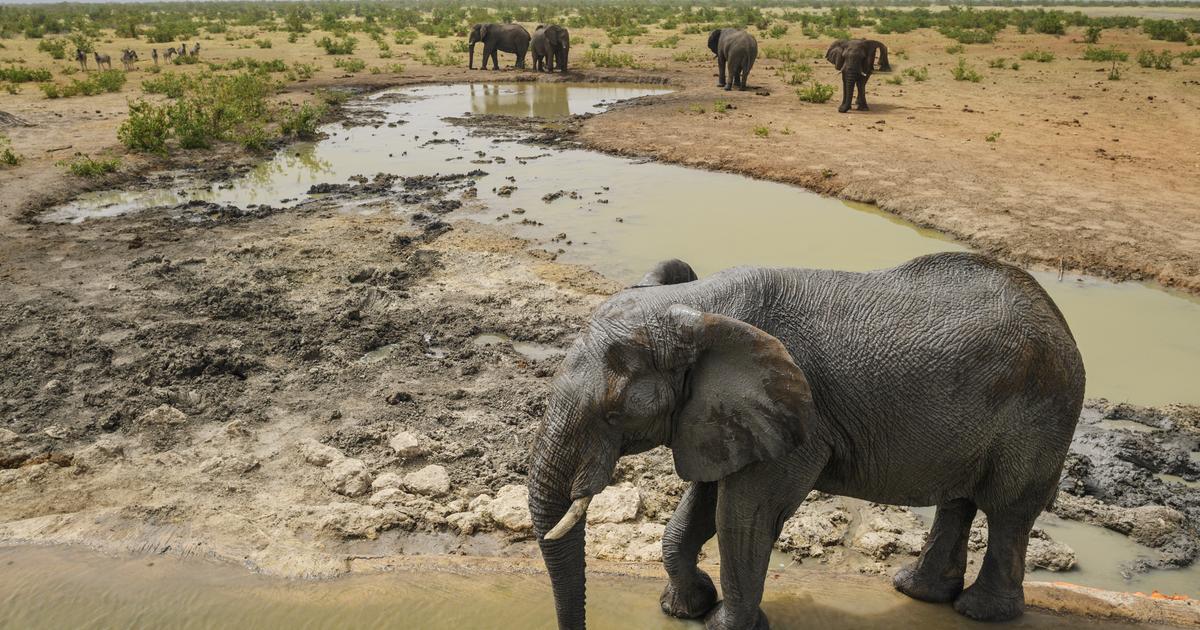Overall dry weather conditions in early 2024 in southern Africa associated with the El Niño climatic phenomenon
“are expected to worsen
food insecurity
”
in this area, the Food and Agriculture Organization of the United Nations (FAO) warned on Friday.
Major growing areas in Malawi, Mozambique, Namibia, Zambia and Zimbabwe
"received only 80% of average rainfall between mid-November 2023 and February 2024"
, summer period in the southern hemisphere, explains FAO in its triennial report Crop Prospects and Food Situation.
The month of February in particular, a time when water stress has the greatest impact on crop yields, was marked by a lack of rain.
Higher than usual temperatures and an
“erratic”
distribution of precipitation have worsened the situation.
South Africa, the region's largest cereal producer, also suffered from a lack of rain and high temperatures in January and February, which should lead to a drop in the maize harvest compared to the previous year. last year, without falling below the average of the last five years.
Cereal production expected to decline
Cereal production in the zone is therefore expected to decline overall this year, increasing the need to resort to imports.
Access to food could be complicated by
“a loss of income for residents of rural areas and a possible increase in prices due to pressures on supply
,” says the FAO.
A situation exacerbated by the weakness of local currencies which contributes to increasing the cost of living in several countries, adds the organization.
At the end of February, Zambia already officially described the drought there as a
“national disaster”
, which has devastated agriculture.
El Niño is a natural weather phenomenon, which corresponds to a warming of a large part of the tropical Pacific and occurs every two to seven years.
It lasts between nine and 12 months.
According to the World Meteorological Organization (WMO), it reached its peak in December but is still expected to result in above-normal temperatures until May on dry land.

